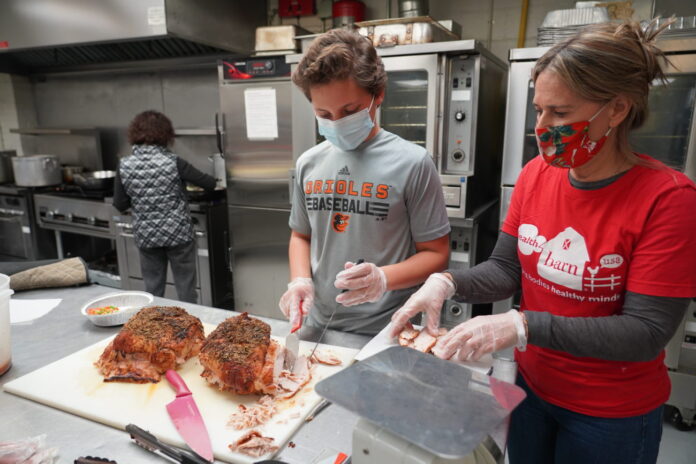HARLINGEN — The coronavirus pandemic is being held responsible for impacting the availability and price of Thanksgiving turkeys.
Wholesale turkey prices are up and production has been lower than usual, the Texas A&M AgriLife Extension Service reports.
Some 240 million turkeys are raised annually on about 2,500 farms in the United States, according to the National Turkey Federation.
As in so many other areas of life, COVID-19 and the impact of shutdowns, business closings and social distancing have created an uncertain holiday market demand for the Thanksgiving centerpiece.
On the supply side, turkey production was down 7.7 percent for October compared to the same period last year, said David Anderson, an AgriLife economist. Overall production is down 2.7 percent in 2020 compared to 2019.
“The turkey industry has struggled with profitability and some of the trends when it comes to consumer choices around the holidays and the consumer trends when it comes to deli meat,” Anderson said. “You have producers trying to gauge demand and what the market will be, and that’s been difficult the last few years.”

Which all adds up to families possibly having to budget a little more for higher-priced turkeys, whether it’s a 16- to 24-pound tom or an 8- to 16-pound hen, with prices up this year about 19 percent over 2019.
Of course, most grocery retailers typically offer holiday sales on whole turkeys, so the advice is to shop around to find those deals.
Concern about COVID-19 and social-distancing are leading many families to scale back their plans for Thanksgiving, polling indicates.
Research by the Food Industry Association and marketing consultants the Hartman Group show 33 percent of Americans will have fewer people at their traditional Thanksgiving celebrations. Around 26 percent say they will be avoiding long-distance travel.
“That’s interesting in relation to the normal demand side of all things related to these traditional holiday gatherings,” Anderson said. “If people are scaling back, it will be interesting to see how the market for turkeys and traditional Thanksgiving dishes plays out.”





